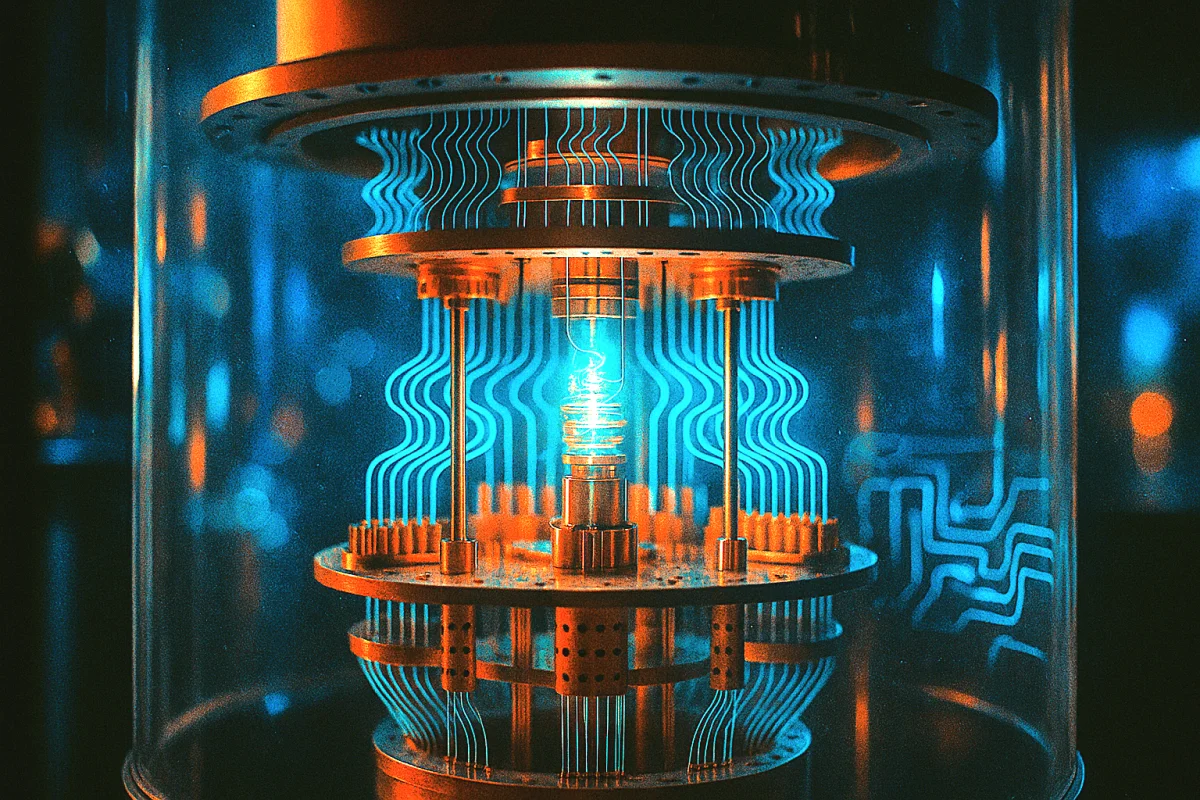How Does a Quantum Computer Work?
Digital technologies are evolving rapidly every day, but there is one field that could completely redefine our understanding of computational power in the future — the quantum computer. Traditional computers operate using bits, which take values of either 0 or 1. In contrast, quantum systems introduce a revolutionary unit called the qubit, which can be both 0 and 1 at the same time. This principle is the foundation of quantum computing’s extraordinary power.

What is a Qubit?
A qubit is the basic unit of quantum information. While a classical bit can only hold one value at a given time, a qubit relies on fundamental principles of physics — superposition and quantum entanglement. This means a qubit can represent multiple states simultaneously, making computations far faster and more flexible.
Superposition and Entanglement
The two main principles of quantum computing are:
- Superposition — A qubit can exist in both “0” and “1” states at once until measured, drastically expanding computational possibilities.
- Entanglement — Two or more qubits can be linked so that the state of one instantly affects the other, no matter the distance. This creates a new level of information transfer.
How Do Quantum Algorithms Work?
Quantum algorithms exploit the ability of qubits to perform multiple calculations simultaneously. For example, Shor’s algorithm can factorize large numbers, a task that might take classical computers thousands of years, in a fraction of the time on a quantum computer. This poses a challenge for cybersecurity, as many encryption methods are based on mathematically difficult problems.
Applications of Quantum Computers
Although still in early stages of development, the potential of quantum computers is enormous:
- Medicine — Modeling new drugs and analyzing molecular structures.
- Finance — Calculating risks and optimizing investment models.
- Space and Physics — Running complex simulations, such as black hole research.
- Cybersecurity — Developing new encryption methods resistant to quantum attacks.
Challenges and Limitations
The biggest issue for quantum computers is qubit stability. Qubits are extremely sensitive to external influences, and even the smallest interference can alter results. As a result, quantum devices require special conditions, such as cooling close to absolute zero and advanced superconducting materials.
Conclusion
The quantum computer is no longer just a theory — it is becoming a reality. While its full potential is yet to be realized, it has the power to transform scientific research, business strategies, and everyday life. 👉 Do you think quantum computers will eventually replace traditional computers entirely?
✍ Article Author
- Registered: 26 July 2025, 15:34




 Silent Cat 🐾
Silent Cat 🐾